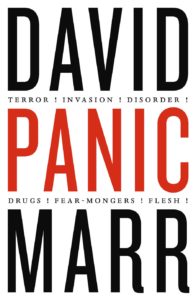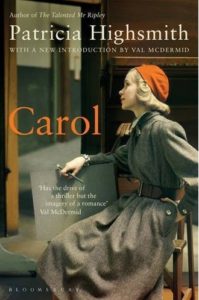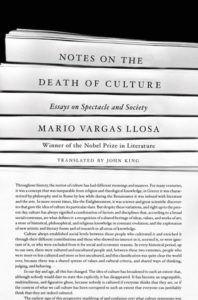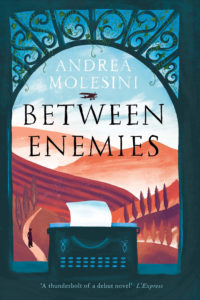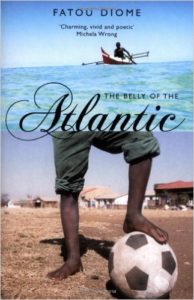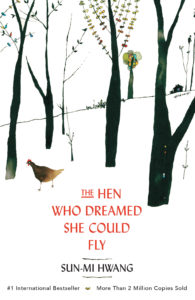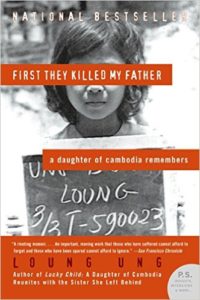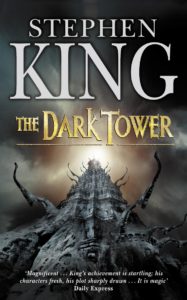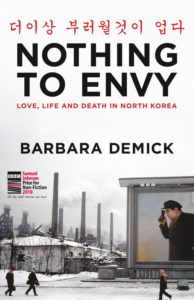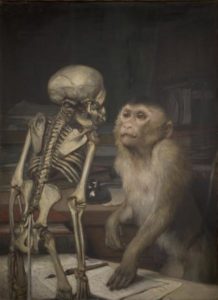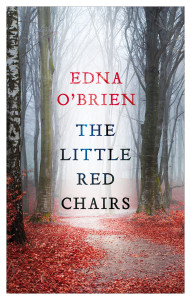fiction
Granta, Allen & Unwin
24 February 2016
323
$ 27.99
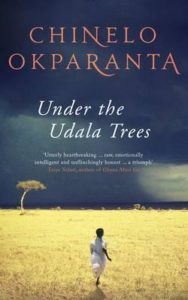 As a woman who likes women*, I can’t tell you how often I’ve set myself up for disappointment in novels. So many times I’ve read protagonists meeting other girls who they immediately like because of their spunk, their beauty, their grace or whatever else. I think, “Ooh, maybe they fall in love!” And they never, never do. Imagine my delight when, in Under the Udala Trees, which has not been marketed at all as a lesbian novel in Australia, our protagonist Ijeoma meets and falls in love with another girl, Amina. My worries about the book, mainly inflicted by the cover marketing, were instantly erased. Continue reading
As a woman who likes women*, I can’t tell you how often I’ve set myself up for disappointment in novels. So many times I’ve read protagonists meeting other girls who they immediately like because of their spunk, their beauty, their grace or whatever else. I think, “Ooh, maybe they fall in love!” And they never, never do. Imagine my delight when, in Under the Udala Trees, which has not been marketed at all as a lesbian novel in Australia, our protagonist Ijeoma meets and falls in love with another girl, Amina. My worries about the book, mainly inflicted by the cover marketing, were instantly erased. Continue reading


